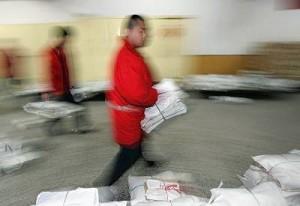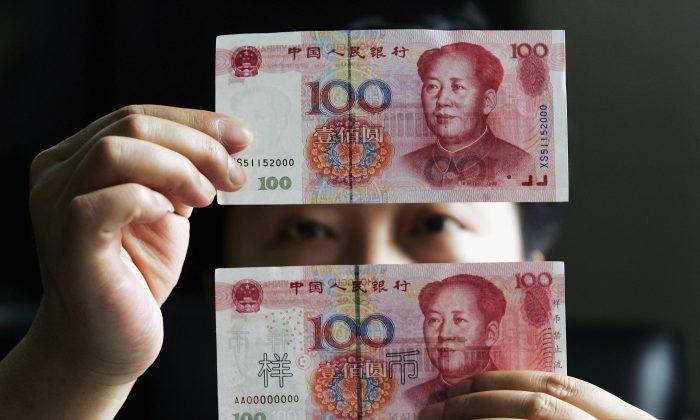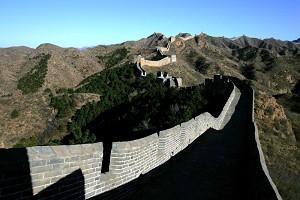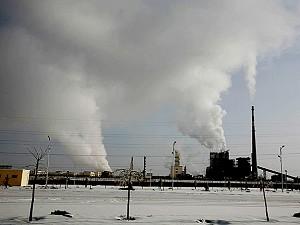China’s authorities in charge of propaganda are applying stricter censorship over the press and have criticized several publishing houses claimed to be involved in “serious problems.”
An April 21, 2006 report published on the Chinese Media Net (www.chinesemedianet.com) website claimed that such information was revealed in a minutes from a meeting concerning “Information Exchange and Status Review of the Publication Industry” held by China’s State Administration of Radio, Film and Television on January 12.
According to the report, Liu Yunshan, Minister of the Central Propaganda Ministry, Li Dongsheng, Deputy Minister of the Central Propaganda Ministry, and Wu Shulin, Deputy Director of the Press and Publication Administration attended and delivered speeches at the meeting.
In the meeting minutes released by the State Administration of Radio, Film and Television, Li and Wu are said to have set 20 guidelines for China’s propaganda policies, including the following:
· Maintain a good atmosphere for the 17th National People’s Congress of the Chinese Communist Party (CCP). Follow the main theme strictly and exalt the benefits of socialism. Stringently monitor and control trends other than the main theme observed recently.
· All topics related to the armed forces should be handled cautiously. To caution against the “China Threat” argument made by the western countries, reports about weaponry should not be unnecessarily exaggerated.
· Stay persistent in reforms and open-up policies, but prohibit propaganda promoting private ownership.
· Be alert over the trend of negating the historical contributions of the CCP and Mao Zedong in name of criticizing the Cultural Revolution.
· Avert the trend of exposing judicial injustice in the name of upholding human rights.
· Avert the trend of exposing secrecy and scandals in the name of public opinion and supervision.
· Suppress news reports over hot issues against set rules. A lot more articles promoting social stability are needed in order to alleviate social contradictions.
· Do not promote western ideology. It is a serious problem that there are recent reports praising the western political system.
· Media reports concerning other countries should pay attention to the following guidelines: Do not criticize other countries’ internal affairs; Do not report on China’s cooperation with other countries in the energy field; Do not report much on crimes made by the Japanese Army during World War II during the anniversaries each year. Focus on the current situation and not to damage the relationship between China and Japan.
· No foreign cartoon films should be imported without authorization. There are currently too many imported cartoon films, which has lead to prevalent western influence.
The report also said that Li Dongsheng brought forth criticism during the meeting against China’s publishing circles that step into the “forbidden zone” of politically sensitive subject matter. Some of the publishers and books addressed by Li include Great Changes by the Shanghai Literature and Art Publishing House, Life Stories of Eight Chinese Opera Artists by the Hunan Literature and Art Publishing House, and The Family History of an Ordinary Chinese by China Broadcast and Television Press.
By fault of having entered this “forbidden zone,” the party officials who attended the meeting consider the above-mentioned publications to be serious problems.





Friends Read Free